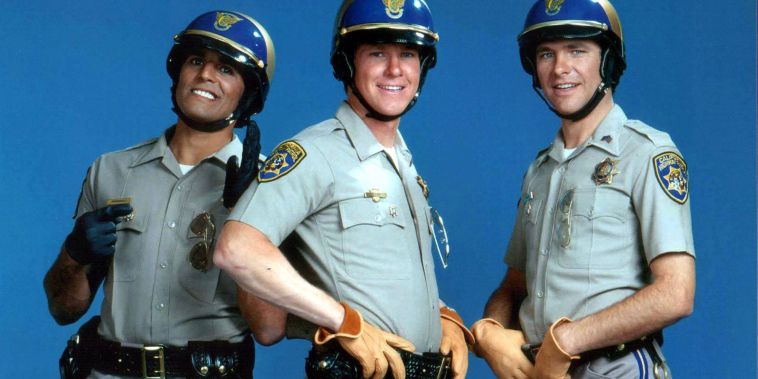Most Americans like teachers. Not all teachers. There are definitely some bad ones. But we generally think of teaching as an honorable profession that contributes to the overall betterment of our society.
Videos By Rare
Many generations of Americans have considered the local police pillars of their communities. Not all cops are good, mind you. There are definitely bad ones. But historically, most have considered police officers public servants who put their lives on the line to protect us.
Most average Americans generally don’t see the police as the enemy—unless, perhaps, they live in Ferguson, Missouri.
The police shooting death of 18-year-old Michael Brown led to widespread protests, looting and violence, which in turn led to a small army of police descending on the streets looking like something more suitable for patrolling Iraq than suburban St. Louis.
As Cato’s Walter Olson observed (also cited by Sen. Rand Paul in his op-ed on this subject):
Why armored vehicles in a Midwestern inner suburb? Why would cops wear camouflage gear against a terrain patterned by convenience stores and beauty parlors? Why are the authorities in Ferguson, Mo. so given to quasi-martial crowd control methods (such as bans on walking on the street) and, per the reporting of Riverfront Times, the firing of tear gas at people in their own yards? (“‘This my property!’ he shouted, prompting police to fire a tear gas canister directly at his face.”) Why would someone identifying himself as an 82nd Airborne Army veteran, observing the Ferguson police scene, comment that “We rolled lighter than that in an actual warzone”?
Commentators left and right criticized this militarization of the police.
Some people, online and elsewhere, criticized those complaining about police militarization as “anti-cop.”
This is absurd.
While most Americans like teachers, I know very few conservatives who like the Department of Education. I know very few Republicans who have a soft spot in their heart for teachers unions. They are not “anti-teacher”—they are against our current education system and particularly the federal government’s involvement in it.
Most conservatives believe big government has corrupted public education in ways that damage student development and undermine communities. Conservatives are not against teachers—they are against a system that impedes otherwise good and well-intentioned people from doing their job in an effective way.
Conservatives are against a broken education system.
Most men and women who dream of being police officers probably do not expect to join departments that look like the U.S. military. But this is where we are today.
Federal incentives, whether due to the drug war or war on terror, are regularly doled out to even the smallest police departments who acquire tanks and other weapons of war that go far beyond the capacity of what you might expect from your friendly neighborhood officer.
Can our federal education system have a corrupting affect on even the most well-intentioned teachers? Do you think being treated like soldiers and geared up for battle with military weaponry might have an affect on the perspective of the average police officer?
We have a system that encourages these things. We have a federal government that is at the heart of the problem.
Conservatives in particular should become more comprehensive in what they mean when they say “limited government.” That should mean more than just low taxes. The state does damage in more ways than one.
Criticizing overgrown and unnecessary, society-damaging bureaucracies is not anti-teacher or anti-cop.
It is anti-big government.

